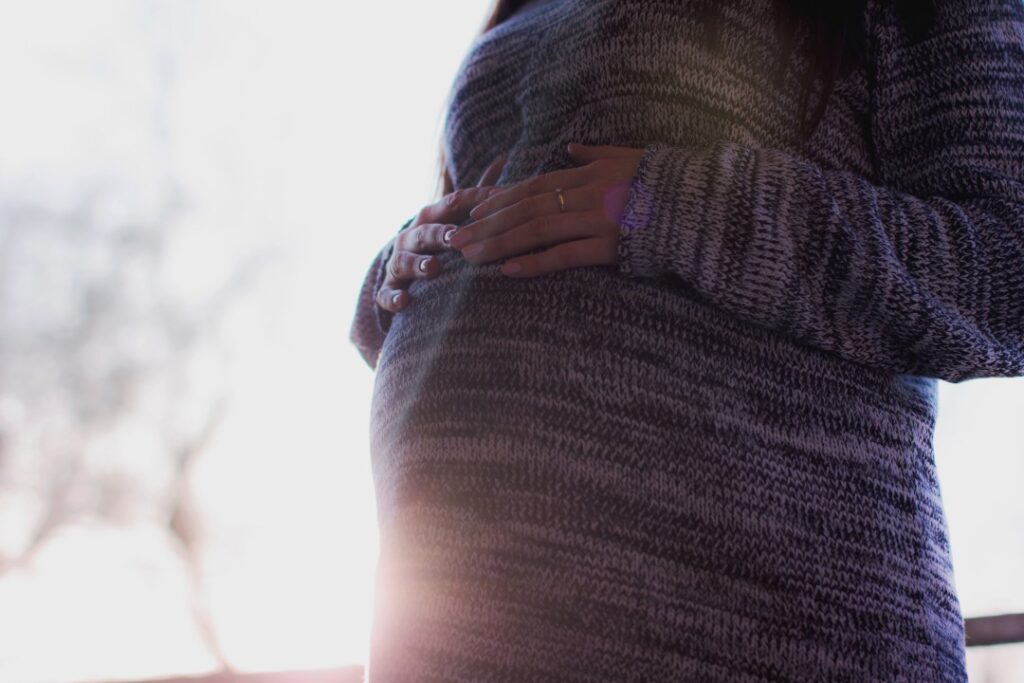Conventional medical treatments for cancer, such as Platinol, Adriamycin and Cytoxan chemotherapy drugs, pose a medium-level threat to fertility. If you’re planning cancer treatment and wish to become pregnant afterward, natural and complementary cancer treatments may boost the odds of conception. Many cancer survivors are able to get pregnant. Breast cancer is the most common form of cancer in women, with 2 million new cases of breast cancer being diagnosed worldwide during 2018. Women who are breast cancer survivors will be pleased to know that pregnancy generally won’t increase health risk in themselves or their babies. That’s great news, isn’t it?
Chemotherapy raises the risk of menopause
Chemo of the systemic type may initiate menopause that is temporary or permanent, due to chemo’s toxic effect on the function of ovaries. Whether chemo will trigger menopause depends on how much chemo was administered, how old a woman is, and which type of chemo was given. Chemo agents may also cause heart damage, and the heart needs to work fifty percent harder during pregnancy. Radiation directed at the pelvic area may also negatively impact the function of ovaries. Radiation in other locations of the body should not affect fertility. Women who have been diagnosed with cancer and want to have children after treatment must, therefore, consider their treatment options carefully.
Tips for a healthy pregnancy
A lot of women who become pregnant after cancer fear that their children will someday get cancer. Research indicates that kids of cancer survivors (and cancer patients) are not at higher risk. There are some cancers which some Doctors claim pass from parents to kids via genes. If you are a cancer survivor and you’re pregnant, you should avoid taking medications which might harm your unborn baby, including commonly-prescribed antibiotics, such as Amoxicillin. There are natural forms of antibiotics which we use at the Budwig Center instead. You should also eat a very clean diet that is pure and natural. Whole foods are best for expectant mothers, as they provide a host of health benefits.
You may be able to breastfeed
Whether you’ll be able to breastfeed your baby will depend on the type of cancer you had and which treatment you chose. If you had a lumpectomy, you should be able to breastfeed. If you received radiation after your lumpectomy, your milk flow in the treated breast may be reduced or stop entirely. Radiation has the capacity to harm lobules. Lobules are lobes within the breast.
Cancer treatment should be carefully considered
Since many women who are diagnosed with cancer dream of having children, their cancer treatment options should be carefully considered. Trying alternative therapies that preserve fertility is one option. Dr. Budwig found that by encouraging mothers and women who wanted to get pregnant to eat her mixture of flaxseed oil and cottage cheese or quark, women protected themselves greatly from cancer and were more fertile.
Since chemotherapy may initiate menopause and radiation of the pelvic area may harm fertility, it’s very important for a woman to understand the facts and make wise and informed choices. It is possible for many cancer survivors to become pregnant and then enjoy healthy pregnancies, without raising the risk of cancer in moms or babies. Some cancer survivors are also able to nurse their babies. Considering treatments that will boost your odds of conceiving after cancer treatment is a very smart strategy.
Answers to Your Questions
At the Budwig Center, we strive hard to provide answers to your questions. Knowledge is power, and it’s our goal to empower you on your cancer journey. So we encourage you to take a few moments to go through our FAQ page and to visit our FAQ Playlist on YouTube where Lloyd Jenkins Ph.D. personally answers common questions relating to natural protocols for cancer patients.
FAQ Playlist CLICK HERE>>>
The Budwig Center’s FAQ Page CLICK HERE>>>

I am having chemotherapy at the moment my white cell count I’d down what can I take to get it back up please my treatment had been cancelled for a month. I’m 3 months into treatment. Thanks
Dear Dorothy, Usually we test our patients to find out what natural remedies will help them. We know of many herbal extract and especially medicinal mushrooms that help the immune system but we prefer to recommend these based on testing them as described here: https://budwigcenter.com/natural-cancer-treatments-natural-therapies/